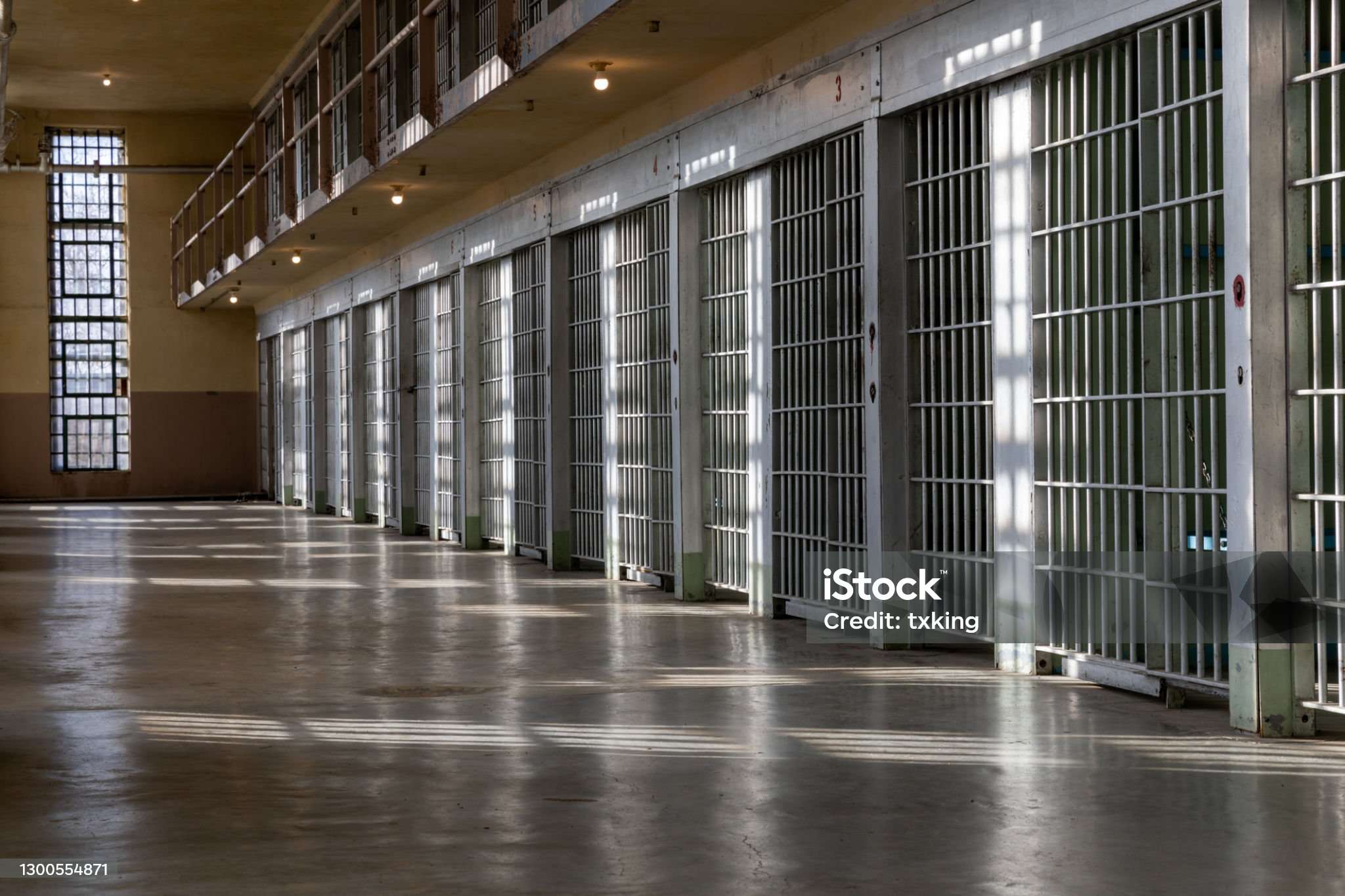Georgia Attorney General Chris Carr expresses his hope that the Federal Communications Commission (FCC) will take action to eliminate illegal prison phone calls. He is joined in this effort by 21 other Attorneys General, having co-signed a letter in January 2023 urging Congress to address this issue.
Carr expresses in a letter to the FCC that the ongoing use of contraband cell phones for planning violent attacks and engaging in criminal activities necessitates a reevaluation of the FCC's ban on cell phone jamming devices in state and local correctional facilities. He argues that this prohibition restricts essential law enforcement resources, creates hazardous environments for correctional staff, and contributes to the growth of criminal organizations within the prison system.
Brad King from the Baldwin County Sheriff’s Office stated that this issue extends beyond the confines of the prison. “It is undoubtedly a matter of public safety,” King remarked to WMAZ-TV.

As of 2023, over 13,000 illegal cell phones have been seized within the prisons of Georgia. According to Carr, jamming would interfere with the radio frequency signal connecting a phone to an adjacent cell tower, rendering those devices ineffective.
Sheriff Joel Cochran of Washington County stated that these cell phones empower inmates. He remarked, "They can contact witnesses, harass victims, or coordinate with drug traffickers to facilitate transactions. This illustrates the significant risks associated with what may seem like a simple device."
The Federal Communications Commission (FCC) implemented a prohibition on cell phone jammer in the early 1990s, prior to the time when incarcerated individuals began utilizing illegal cell phones to orchestrate and participate in criminal activities, as noted by Carr. He argues that this regulation is no longer beneficial to the public and points out that the U.S. Bureau of Prisons is allowing the deployment of jamming devices in various correctional facilities, including at least one located in Georgia.
The Federal Communications Commission has authorized the testing of signal jammers in correctional facilities. Nonetheless, a significant concern remains regarding the need to ensure that these devices operate solely within the confines of the prison and do not disrupt the communications of first responders outside, as reported by Inside Towers.
King stated that inmates possessing mobile phones are orchestrating scams to extract funds from individuals in the community, leaving no trace of evidence. "Tracking these activities is challenging because they utilize burner cell phones. This complicates our ability to investigate these cases," King remarked.
In his correspondence, Carr contends that the technology would inhibit inmates from gaining unauthorized access to individuals beyond the confines of the prison.
Cochran emphasized that the primary concern is the public safety risk that affects both prison staff and fellow inmates. "These facilities are their homes. It is essential for them to have a secure environment to live in. We also want the public safety personnel in these institutions to perform their duties safely," Cochran stated in an interview with WMAZ-TV.



